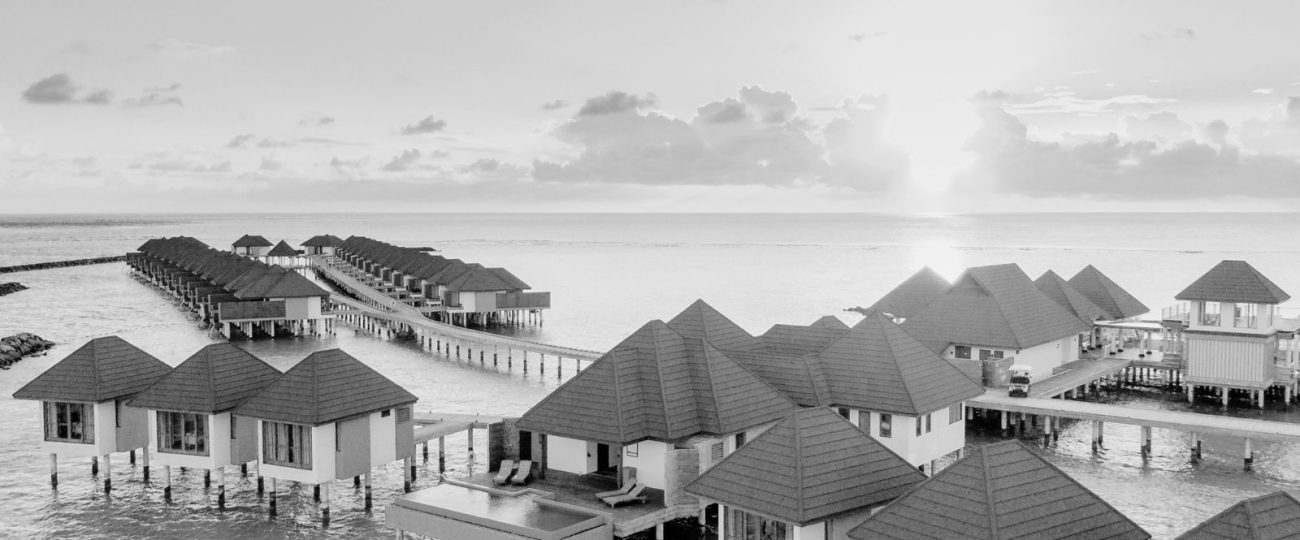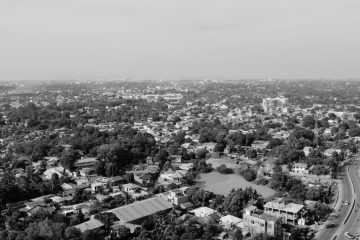What Happened On July 26th?
In 1965, the Maldives, a picturesque archipelago in the Indian Ocean, began its path to break free from 78 years of British protectorate status. Prime Minister Ibrahim Nasir, inspired by the global wave of decolonization, led the movement for self-determination. His leadership and the resolve of the Maldivian people paved the way for independence.
On July 26, 1965, the Maldives gained its independence with traditional ceremonies and modern festivities. The day began with the hoisting of the Maldivian flag in Malé, symbolizing the nation’s newfound freedom. Streets adorned with vibrant decorations and a palpable sense of pride filled the air.
At Republic Square, Prime Minister Ibrahim Nasir delivered a powerful speech. He highlighted the significance of the day, recalling past sacrifices and affirming the nation’s commitment to its cultural heritage and Islamic values. Nasir also recognized the contributions of fishermen and boat builders, vital to the Maldivian economy and identity.
Traditional Bodu Beru (big drum) performances, featuring musicians from across the archipelago, energized the celebrations. This ancient music and dance form, rooted in Maldivian culture, resonated through the streets, reinforcing the unity and resilience of the people. Performances included traditional songs narrating the Maldives’ history and folklore. Notably, these performances also featured rare traditional instruments like the “Bansuri” (a wooden flute) and “Maddale” (a double-headed drum), which added unique local flavor to the festivities.
The Path To Sovereignty
The British established a protectorate over the Maldives in 1887, under Sultan Ibrahim Nooraddeen. This arrangement allowed the Maldives to maintain internal control while Britain managed defense and foreign affairs. Seeking to secure their maritime routes, the British saw the Maldives as a strategic asset.
In the early 20th century, the British introduced postal services and telecommunication systems. Despite these changes, Maldivians stayed deeply rooted in their Islamic traditions and cultural heritage. British mapping efforts during this period improved navigational charts, aiding local and international maritime activities. Interestingly, British administrators also helped set up a modern education system, which included the first schools that taught English and offered modern curricula alongside traditional Islamic studies.
After World War II, the global decolonization movement energized the Maldivian push for independence. Prime Minister Ibrahim Nasir, a former trade union leader, garnered widespread support for the cause. His relentless negotiations with the British highlighted his commitment to achieving sovereignty. Nasir’s diplomatic efforts often received support from other nations in the region, including India and Ceylon (now Sri Lanka), who provided moral and logistical support to strengthen the independence movement.
Negotiating Independence
In February 1965, Prime Minister Nasir and his delegation traveled to London to negotiate independence. The talks addressed key issues, including defense, economic support, and the status of British facilities. Gan Island, home to a Royal Air Force base established during World War II, became a contentious point. The British wanted to retain a military presence due to the base’s strategic importance. Ultimately, they agreed to continue using the base under new terms while acknowledging Maldivian control.

An interesting detail about the negotiations is the Maldivian delegation’s strategic use of international media. They ensured that the global press covered their journey and the discussions, which helped create international pressure on the British government to expedite the process of granting independence. This tactic demonstrated the savvy and forward-thinking approach of Maldivian leaders during this critical period.
Navigating New Waters
The Maldives, with over 1,200 islands, faced logistical and economic hurdles. The new government, led by Nasir, focused on infrastructure development, education, healthcare, and economic growth. They launched projects like constructing the first international airport in Malé and establishing schools and hospitals. The government initiated a nationwide literacy campaign aimed at reducing illiteracy rates, which were particularly high in remote atolls. This campaign utilized traveling teachers and mobile libraries to reach isolated communities.
Nasir’s administration integrated traditional Maldivian medicine with modern practices, preserving cultural heritage alongside advancements. This unique blend underscored the nation’s commitment to its roots while embracing progress.
Internationally, the Maldives sought to establish its presence. Joining the United Nations in September 1965, the Maldives gained global recognition. The nation also joined the Commonwealth of Nations, forging diplomatic ties and strengthening its international standing. Another interesting aspect is that Maldivian diplomats often participated in regional summits and conferences, using these platforms to advocate for small island developing states and their unique challenges, such as climate change and sustainable development.
Weaving The Future
Maldivian independence ushered in a transformative era, driving development and progress. The nation quickly became a premier tourist destination. The tourism industry emerged as a cornerstone of the economy, with the first resort opening on Kurumba Island in 1972.
Efforts to preserve Maldivian heritage continued, with traditional arts and crafts promoted alongside modern economic activities. Educational programs reinforced the teaching of Dhivehi script and language, ensuring cultural continuity. Cultural festivals celebrating Maldivian heritage, such as the annual “Maahefun,” a pre-Ramadan celebration, gained renewed significance, attracting both locals and tourists.





